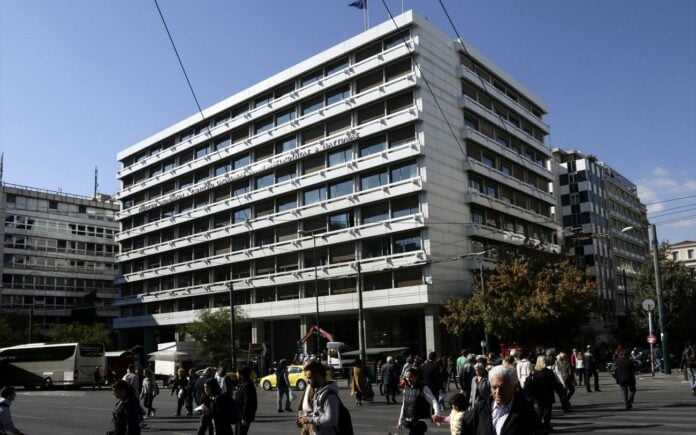Reports by “N” this week were confirmed on Wednesday with the publication of a joint ministerial decision foreseeing another one-off welfare bonus to a specific “at risk” group in the still bailout-dependent country, with low-income permanent residents on several of the smaller but less-developed Aegean islands the expected beneficiaries.
The initiative, ostensibly, aims to counter discontent among Aegean island residents over a pending harmonization of VAT rates on their islands with the rest of the country, with the measure set to take effect at the beginning of 2018 – and on June 30, 2018 for a handful of eastern Aegean islands facing the brunt of the refugee/migrant flows continuing to arrive from neighboring Turkey.
The development comes after a “social dividend” budgeted upwards of 600 million euros was announced last month by the low-polling leftist-rightist coalition government for low-income households around the country, and a week after another welfare benefit was unveiled for jobless young adults registered on unemployment rolls as of Oct. 31, 2017.
The end-of-year welfare spending splurge has been justified by the Tsipras government as a way of redistributing an excess primary budget surplus recorded this year, as a percentage of GDP, with the former claiming the over-performance is due to higher employment and corresponding income tax revenues, as well as stepped up efforts to combat tax dodging and social security contributions evasion.
The opposition, however, has vociferously charged that an over-performance in terms of the fiscal target is exclusively due to a “tax tsunami” imposed in 2016, which raised direct and indirect taxes on practically every sector of the “on-the-books” Greek economy. Opposition lawmakers have also pointed out that pension cuts have continued.
The decision foresees a one-off bonus of between 500 and 2,100 euros for every household whose members lived on the specified islands as permanent residents between 2012 and 2016. The islands cited are administratively part of the prefectures of Evros (Samothrace, essentially), smaller isles in the prefecture of Lesvos (Mytilene) but not Lesvos itself. The same holds true for Hios (Chios) and Samos prefectures, as well as the Dodecanese island chain, excluding Rhodes, Karparthos, Leros and Kos.
Last month, nearly 1.46 million households in Greece were reportedly eligible to receive portions of the “social dividend” by the end of the year, with income and asset criteria to be employed.
A 400-euro handout per beneficiary, dubbed a “youth solidarity” bonus, will be disbursed to a registered unemployed person in the country aged between 18 and 24. Eligible beneficiaries must have been registered on the Manpower Employment Agency’s (OAED)rolls as of Oct. 31, 2017, and still be unemployed until the current month, December.
An initial calculation pointed to roughly 55,000 people in the country as eligible, with the spending measure budgeted at slightly more than 20 million euros.














